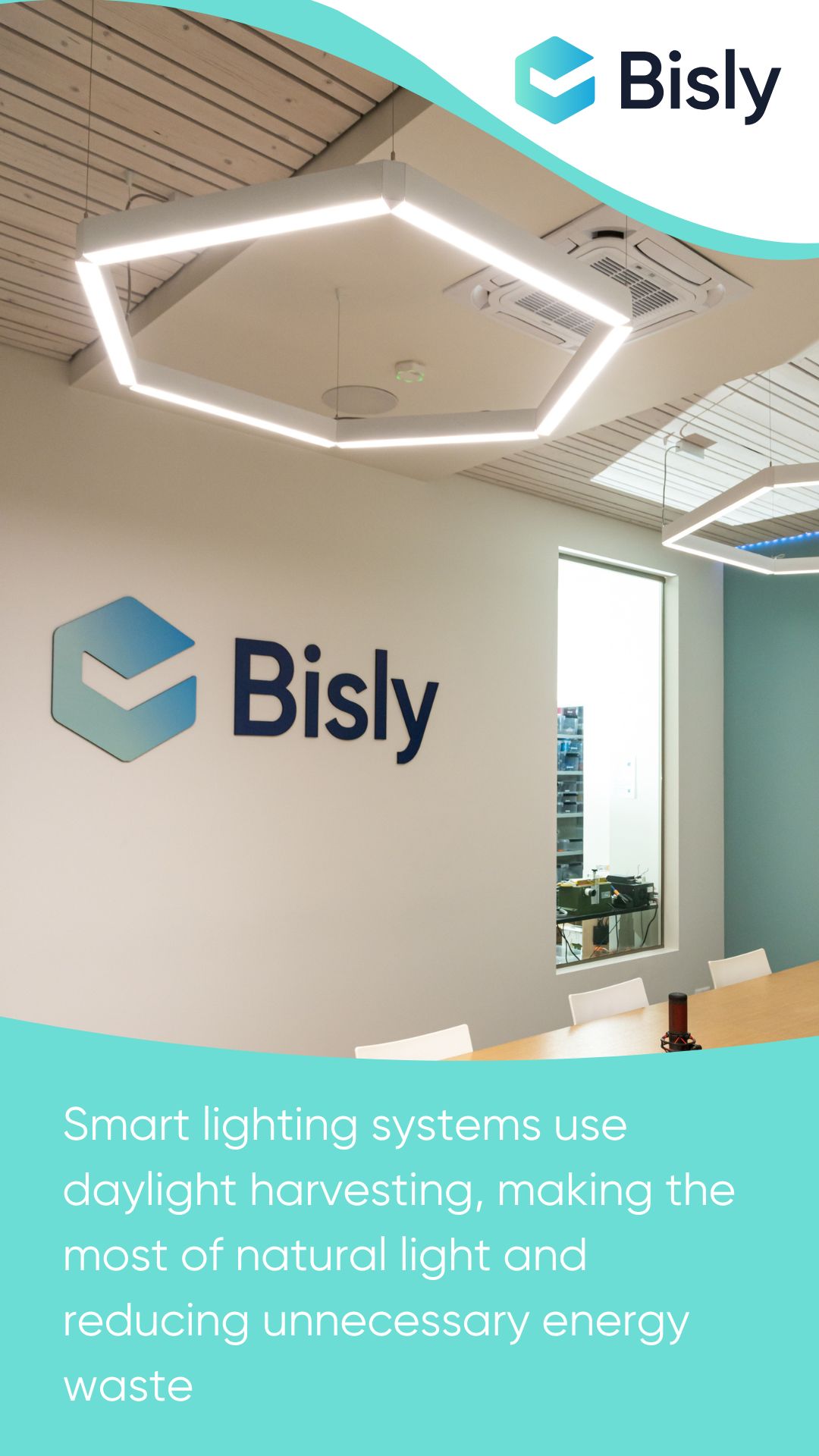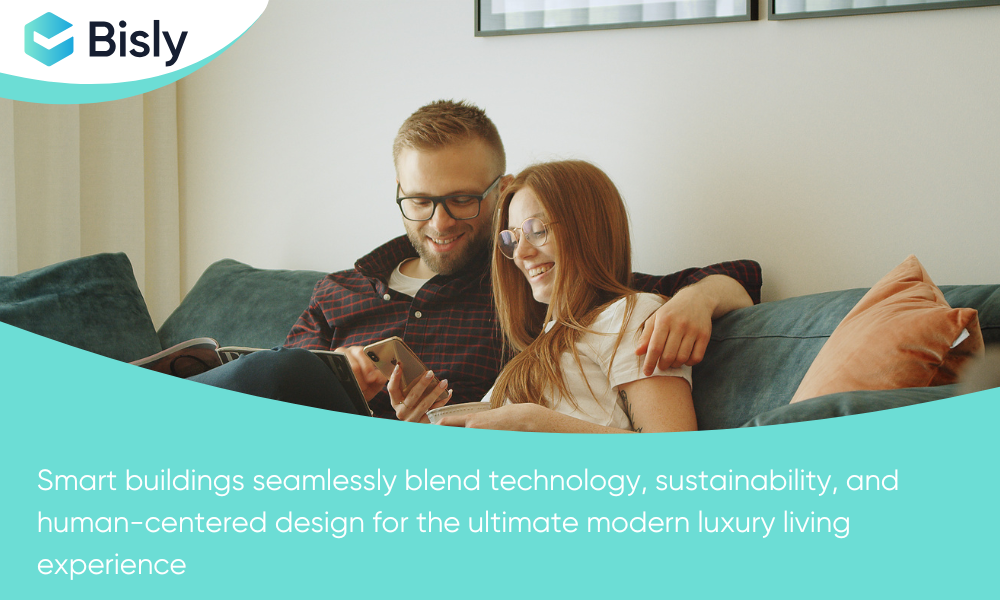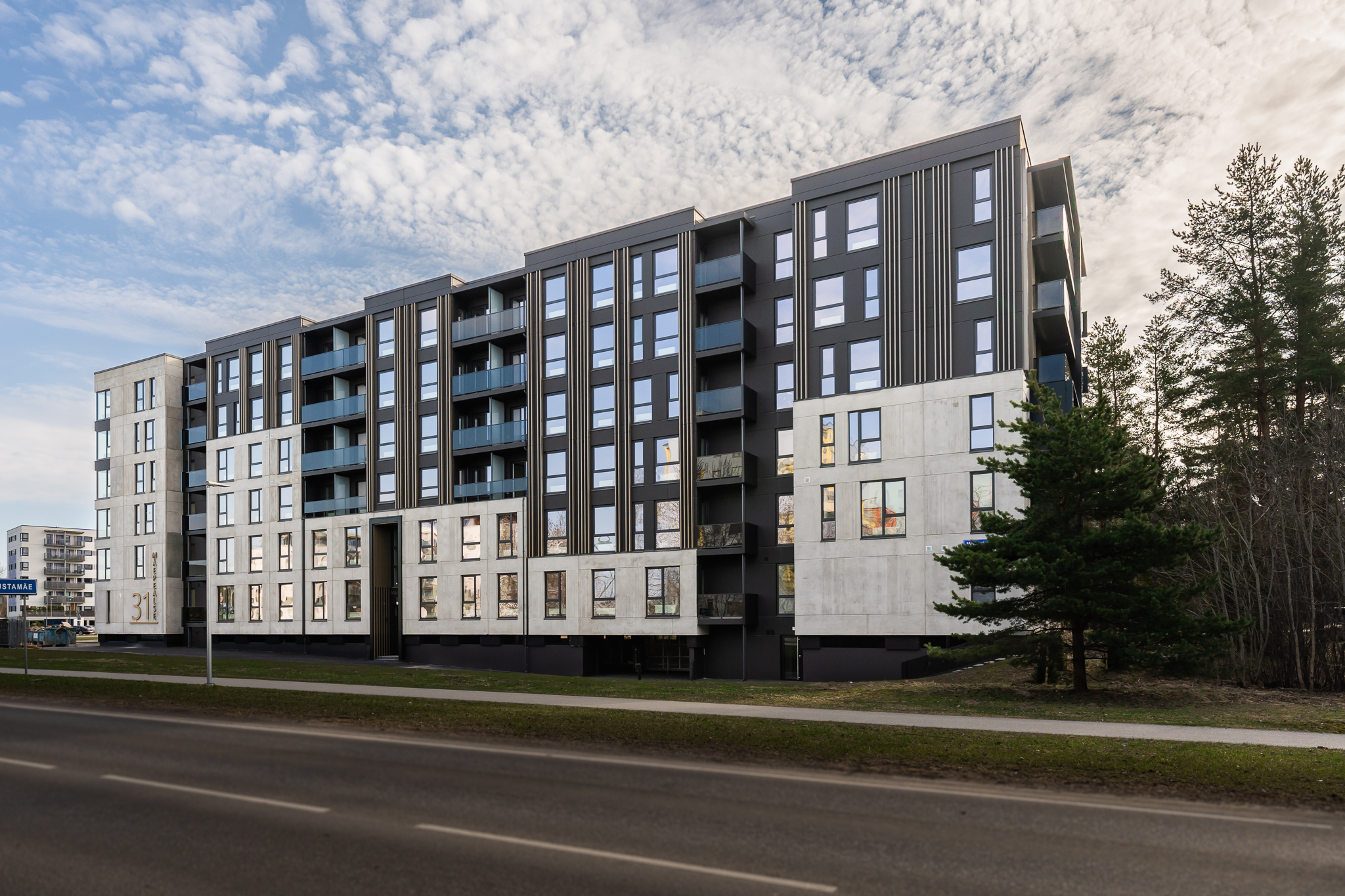In today’s world where efficiency and comfort matter more than ever, BMS control systems play a key role in optimising energy use and improving the comfort of residents. Forward-thinking developers prioritise installing BMS control systems to secure an efficient and sustainable infrastructure for future occupants. These solutions quietly run in the background but deliver significant savings and increased reliability needed by both building operators and residents.
On top of improved living comfort, investors now recognise how digital integration streamlines operations, allowing round-the-clock overview of the building and remote management. These aspects help to enhance property value worldwide. Meanwhile, stakeholders appreciate when buildings seamlessly balance performance, cost, and environmental impact without requiring costly manual oversight.
Keep reading, to find out why BMS control systems are becoming the backbone of future-proof building strategies around the world.
How BMS Control Systems Enhance the Well-Being of Residents
There are several benefits that come with integrating BMS control systems. The innovative solution helps adjust indoor temperature quickly so residents can feel comfortable round the clock without manual intervention. Even if the weather changes unexpectedly, the systems balance heating and cooling, making sure they’re not working simultaneously. This ensures a comfortable indoor climate no matter the season.
Residents enjoy the luxuries of modern living where smart systems anticipate their daily routines and adapt to their preferences automatically. This adds a layer of convenience, as people can rest assured knowing that complex climate control is handled by technology without the need for constant manual adjustments.

On top of the above, lighting plays a big role in people’s well-being and the daily energy consumption of buildings. Smart lighting systems use daylight harvesting, making the most of natural light and reducing unnecessary energy waste, while human-centric lighting supports the well-being of residents by following their circadian rhythm. Lights can be set to dim automatically when rooms become vacant, or increase intensity just before occupants return home. All of this can be managed remotely, so people enjoy more control over their living spaces. Ultimately, residents enjoy healthier, more convenient indoor environments that require less effort and deliver significant monthly savings year after year.
Future-Ready Choice for Developers
Developers rely on BMS control systems to deliver cutting‑edge features that attract today’s buyers seeking modern conveniences. By opting for BMS control systems early, construction teams can seamlessly integrate them into new builds without costly retrofits later on. At the same time, both developers and investors can enjoy lower operational expenses across various assets thanks to BMS control systems.
Furthermore, properties in the commercial sector equipped with BMS control systems attain higher certifications when it comes to sustainability and energy-efficiency. It is also easier for developers to estimate returns more accurately based on constant building performance data. Smart budgeting improves when developers access real time expenditure data without waiting for end of month reports. Forward-thinking teams avoid budget overruns through ongoing maintenance alerts and performance insights.
Choosing sustainable materials and efficient systems is what helps set projects apart in the increasingly competitive real estate market. Innovative developers leverage available analytics tools to match building performance data with tenant expectations effectively in real life. Early adoption of advanced systems signals future-readiness and drives long term value for everyone involved.
Building Managers Rely on BMS Control Systems
The adoption of building management systems has significantly simplified the daily tasks of building managers. They now depend on BMS control systems for unified monitoring of HVAC, lighting, and security infrastructure systems. Building managers receive real time alerts from BMS control systems whenever any issues occur anywhere in the building. This allows building teams to act quickly, minimising unexpected downtime. The services keep running smoothly, and small issues can be prevented from evolving into expensive breakdowns or outages.
Managers also greatly benefit from remote control. They can adjust set points remotely through intuitive dashboards or smartphones using secure cloud services. This level of centralisation reduces time spent navigating multiple platforms and systems while effectively streamlining daily workflows. What is more, BMS control systems increase uptime by monitoring equipment 24/7 and predicting common failures. This also eliminates the need for time-consuming manual checks. Maintenance teams can focus on priority tasks instead of chasing small inefficiencies. With fewer physical rounds required, building staff use their time more effectively, boosting productivity while improving system reliability across the entire building infrastructure.
The integration of BMS control systems with mobile apps ensures that onsite teams can respond to any issues immediately. Managers can also evaluate performance trends to identify long term improvement opportunities in ongoing building operations. Ultimately, these advanced systems help managers maintain high satisfaction levels among residents while continuously reducing operational costs.
Ensuring Sustainability with BMS Control Systems
Reducing the carbon footprint of buildings and the construction industry as a whole remains the top priority for smart building management system providers. Research shows that BMS control systems can reduce a building’s energy consumption on average by 30% compared to conventional systems. These systems constantly fine-tune HVAC and lighting performance based on real-time occupancy and environmental data. Buildings equipped with BMS control systems require less fuel for heating, which, in turn, lowers carbon emissions substantially.
At the same time, building managers gain visibility into energy use across the building and can reduce excess consumption through need-based strategies. Strengthening regulations around energy efficiency further emphasise the need for solutions that reduce energy waste. Buildings with smart automation consistently outperform traditional ones in energy efficiency and operational cost control attracting more interest from both investors and home-buyers alike. Reducing waste and emissions also aligns with broader ecological responsibilities in the urban environments today. Communities benefit when buildings adopt intelligent solutions that sustainably balance human comfort with resource preservation.

Looking Ahead
Smart buildings seamlessly blend technology, sustainability, and human-centered design for the ultimate modern luxury living experience. The integration of digital controls creates responsive environments that adapt quickly to ever-changing occupant needs. On the other hand, industry standards keep raising expectations for energy- and cost-efficiency. Developers collaborate with smart building system providers to ensure their new projects are future-proof.
When it comes to residents, they increasingly expect personalised comfort settings supported by seamless automation and intuitive user interfaces. Property values rise when buildings incorporate advanced automation strategies that signal long term operational advantages. Forward-looking communities uphold environmental commitments by investing in technology that uses resources effectively. At the same time, building managers continuously streamline operations through data driven insights. It is clear that buildings equipped with intelligent systems help deliver a more sustainable future while setting the standard for modern living experience.
Make Your Next Project Future-Ready with Bisly’s Smart Building Automation
Make sure your next project is future-proof and provide a more comfortable and secure living experience for your clients—contact us today to learn more about our smart building automation solution.

